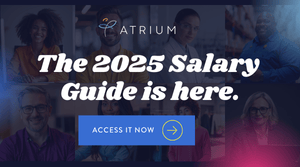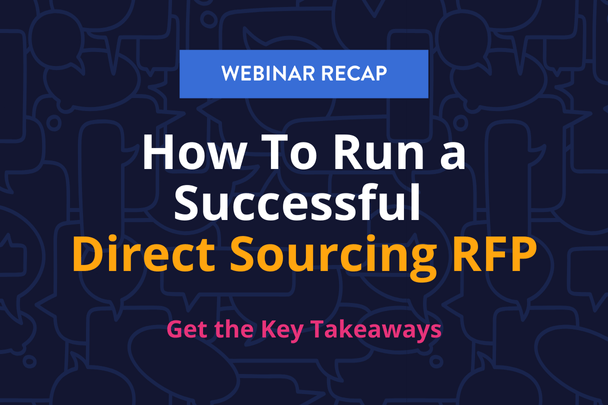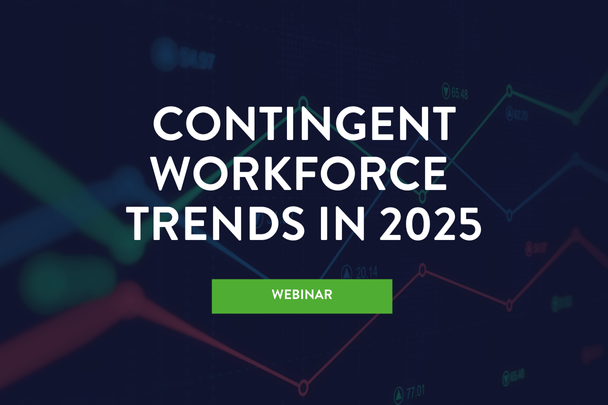In one of my recent blogs, I wrote about the future of the workforce and the exciting array of internship and mentorship opportunities available to college students and young adults. As everyone pivots into ‘back to school’ mode, it’s important to take time to evaluate early talent program effectiveness and begin thinking about enhancements for next year.
Who Benefits from Internship Programs?
Internship programs are beneficial to students, universities and of course, companies – truly, a win-win-win. Students receive hands-on experience that provides a practical view to accompany their education. They also gain invaluable networking opportunities, exposure to general business principles and perhaps even access to executives who can share meaningful wisdom and advice.
Partnering with universities is mutually beneficial. It advances the reputation of the institution in the business community, while also providing you confidence that the student interns you are hiring have the knowledge base and established skills from a recognized curriculum. It’s especially important to create parallel relationships with diversity partner organizations or ensure that the key university partnerships are focus on providing underrepresented talent with access to internships at your organization.
What are the benefits to companies of a successful internship program?
First and foremost, you are investing in the future of your company with fresh ideas from tomorrow’s leaders and thinkers. You are also creating a pool of known and motivated talent. Alumni interns are familiar with your organization’s practices and are likely to serve as employer brand champions to others – they are uniquely well-positioned to join in the future as full-time employees. If your program is well-managed, provides a positive, meaningful experience, and helps to grow their skills, you may very well be nurturing your future workforce.
Additionally, you are helping to foster and build a positive employer brand in the marketplace. Your reputation as an employer and your Employee Value Proposition (EVP) are key parts of your organization’s strategy to recruit and retain better candidates, reduce hiring costs and improve productivity. Social media plays a large role in the lives of students – and it’s also a crucial way to build your employer brand. Students that have completed a successful program will likely share positive information about their experiences at your company, which is a terrific organic way for your employer brand to gain awareness. However, it’s important that the stakeholders for your intern program intentionally leverage social media to promote the experiences your organization provides to methodically build your positive reputation.
Measuring the Effectiveness of Your Internship Program
How do I know that these programs have had such a positive impact on the workplace? Over the years, the Atrium team has created a proven, holistic lifecycle for seasonal Early Talent (intern) programs with firms such as Pfizer. In 2022, the Atrium team of Early Talent recruiters placed nearly 1,200 students into intern and co-op roles at multiple organizations that support strategic diversity goals and corporate initiatives.
Being a true partner to our clients means adding value during each phase of the program – from design and planning, to matching and interviewing, to making offers (that’s the best part!) then payrolling, to providing program analytics to foster continuous improvement. A careful analysis of your program on an annual basis is key. Knowing what worked (and perhaps more importantly, what didn’t work) by measuring quantitative results and qualitative feedback of these programs will help your company nurture positive experiences and create the talent pool of tomorrow.
How Did You Do? Surveys Will Reveal the Answer
Just as I would recommend periodic employee surveys, conducting anonymous surveys of interns, intern managers, mentors and any other program participants is a must. Quantitative ratings coupled with qualitative questions for each group will help analyze program performance and create a dataset to compare against in future years.
For the interns, consider assessing their thoughts on:
- what was the most impactful experience or project?
- did the program aid your professional development?
- did you receive enough support from your manager to successfully perform your work?
- how would you rate the intern events that provided value beyond your everyday work?
- how would you rate your overall program experience?
- would you recommend the internship program to other students?
- are you interested in returning as a full-time employee?
For intern managers, these questions are important:
- was your intern well suited for the position?
- what was the most impactful idea or outcome of having an intern?
- was your intern able to complete their assignments in the allotted amount of time?
- what advice would you give to a colleague considering hosting an intern next year?
- would you consider your intern for a full-time opening if you had one available?
For program leaders, these metrics are important to measure:
- did the program meet DEIB goals?
- what percentage of interns would you recruit for a full-time position upon graduation?
- what university and/or diversity partner organizations provided top talent?
- what was the cost per intern?
- what was the ROI of program?
To help you along with this process, and for a more in-depth discussion of internship program measurement, I encourage you to check out this helpful workbook, which was created by one of our strategic technology partners, Symba.
It’s Time to Plan for Next Year’s Program and Build Upon Your Program’s Successes
Once you have completed an analysis of this year’s program and ROI, it’s time to take a moment to applaud the efforts you made and feel good about the lives that were positively impacted – and then start planning for the next cohort of interns. Working with talent acquisition (TA) professionals can help ensure that you have skilled professionals to vet and select a pool of diversified candidates who may have a future role in the organization. While TA professionals are important in all recruitment efforts, those who have worked specifically with students have a unique ability to hone in on aptitude, interpersonal skills, drive, dedication, and transferrable experiences to determine if there’s a good match.
In addition to helping design and recruit for a robust program, using a contingent workforce solutions firm to administer the program can help relieve many of the administrative tasks that come along with hiring students, such as onboarding and payrolling. What can be a seasonal burden to a company’s already busy HR department can be seamlessly handled by an outside firm specializing in this field. With interns being sourced from different universities and living in different areas of the country, a third party can help make this process run smoothly and efficiently, while ensuring compliance with all payroll laws.
Honoring Our Future Workforce
To honor the contributions of the interns and co-ops Atrium recruited this year, our team made a donation to #TeamTrees, an organization that works with the Arbor Day Foundation to plant trees in a sustainable and environmentally friendly way. Each tree will symbolize the contributions these interns and co-ops have made, the roots they have established, and the leaders they will grow into as their careers mature.
Working with our partners, I’m honored to lead an organization that works hard, year-round, to help train and nurture our future workforce.











